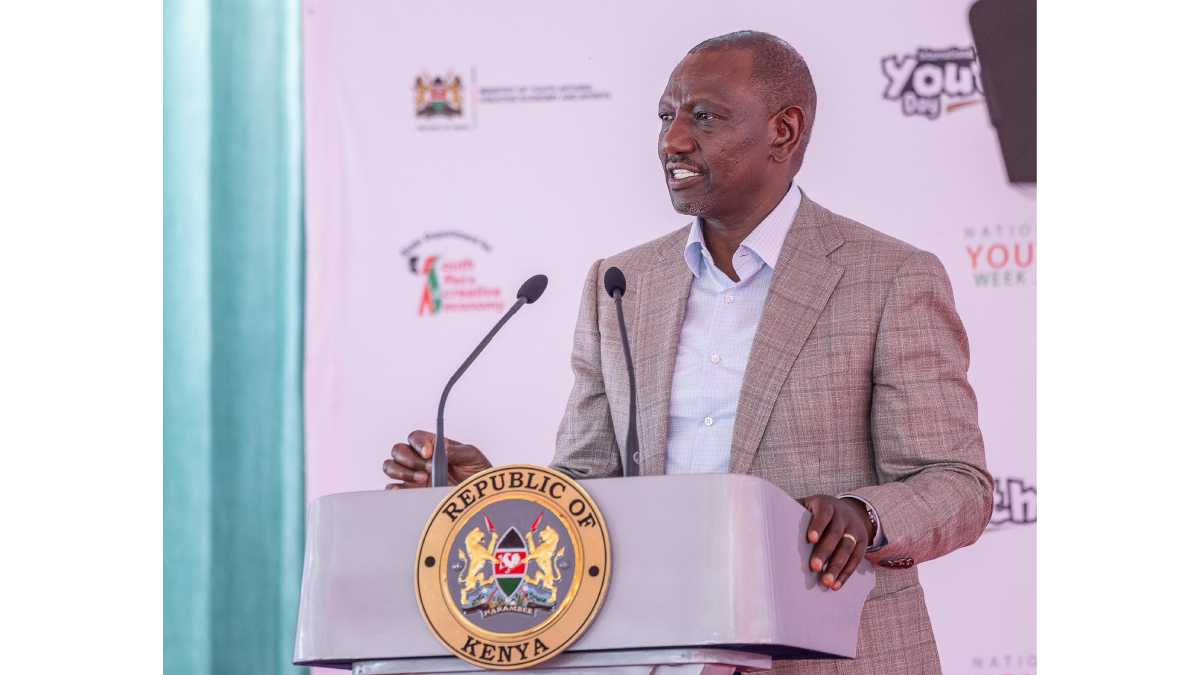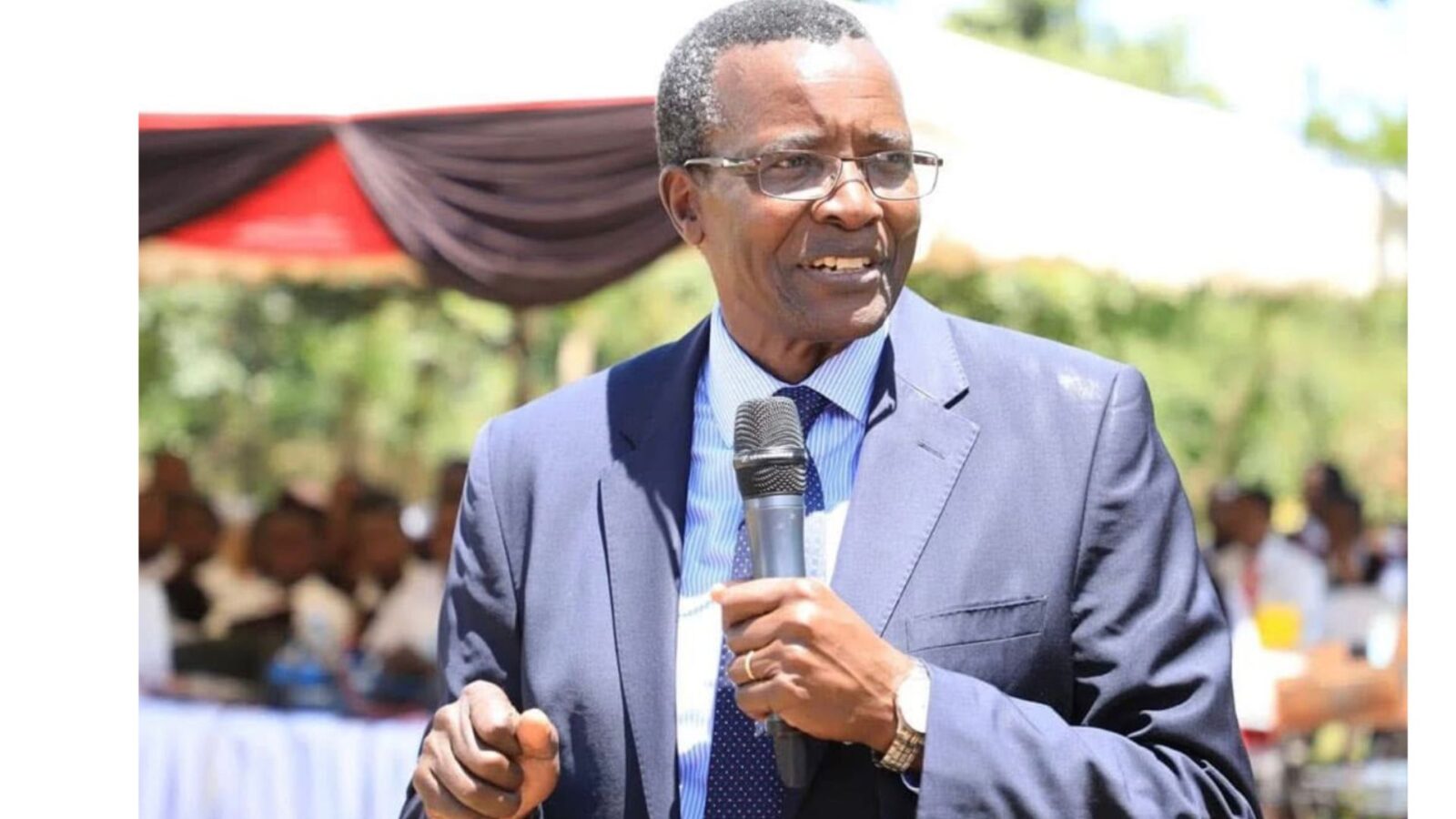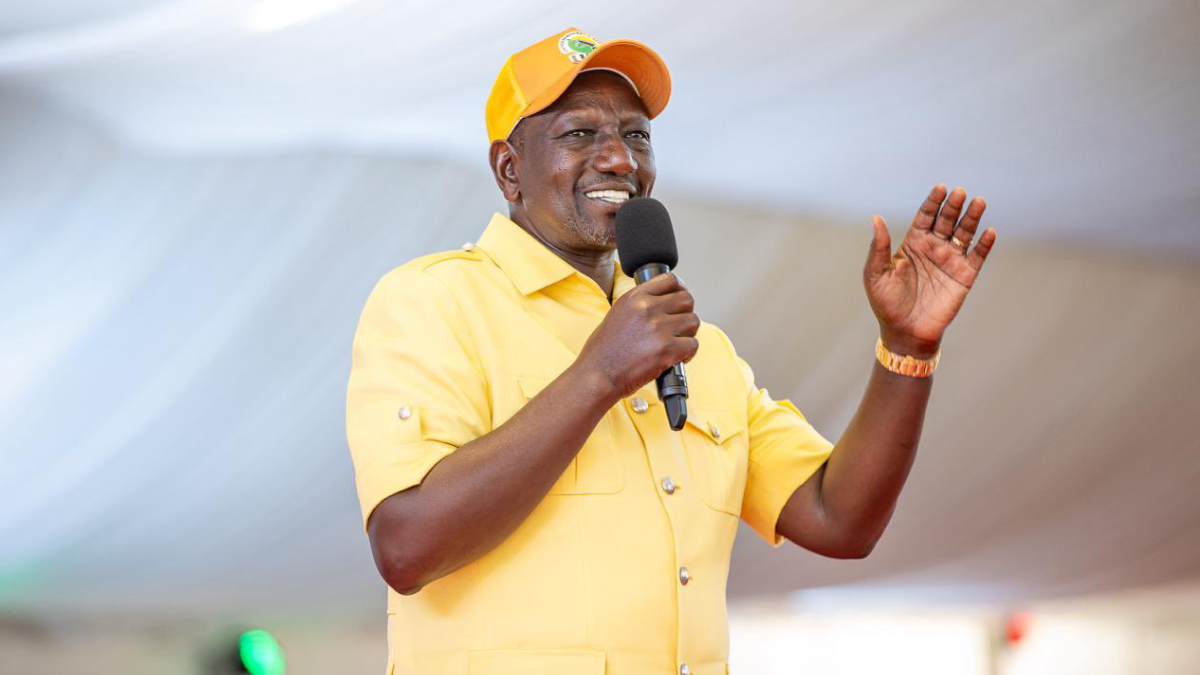The Ethics and Anti-Corruption Commission (EACC) has defended the legality of the Presidential Multi-Agency Team on the War Against Corruption (MAT-WAC), telling the High Court that the framework is consistent with the Constitution and Kenyan laws.
In a replying affidavit, David Too, the EACC’s Director of Legal Services and Asset Recovery, said the Commission supports the MAT-WAC initiative provided its institutional independence is safeguarded.
“The members of MAT-WAC are institutions with crucial information that could expedite investigations and prosecutions of corruption offences, as well as the recovery of assets obtained from corrupt activities,” the affidavit reads in part.
Too noted that the Commission, established under Article 79 of the Constitution and the EACC Act, 2011, has a clear mandate to combat corruption, economic crimes, and unethical conduct through enforcement, prevention, public education, and the promotion of integrity.
The EACC has urged the court to dismiss the petition and allow the team to proceed with its work.
While affirming the Commission’s independence under Article 249(2), Too argued that independence does not mean working in isolation.
“The fight against corruption requires all hands on deck,” he said, adding that collaboration enhances intelligence sharing, resource pooling, streamlined investigations, and greater effectiveness in prosecutions and asset recovery.
The affidavit further stated that President William Ruto’s proclamation of August 18, 2025, established MAT-WAC to bring together 11 key institutions, including the Office of the President, the Attorney-General, the National Intelligence Service, the Directorate of Criminal Investigations, the Office of the Director of Public Prosecutions, the Central Bank of Kenya, the Asset Recovery Agency, the Kenya Revenue Authority, the Financial Reporting Centre, and the Public Procurement Regulatory Authority.
According to the EACC, the team’s objectives are to enhance inter-agency cooperation, engage the private sector, mobilize resources, share best practices, and strengthen communication on gains made in the anti-graft fight.
The affidavit was filed in response to a petition by Dr. Magare-Gikenyi B. and others, who are challenging the legality of the Presidential directive that created MAT-WAC.
The petitioners claim the directive is unconstitutional and duplicates the work of existing institutions. They described the powers exercised by the President in this case as “imaginary hot-air mirage powers,” arguing that the Constitution limits executive authority in matters reserved for independent commissions.
They further criticized the inclusion of bodies such as the Central Bank of Kenya, the Office of the Director of Public Prosecutions, the National Intelligence Service, and the Directorate of Criminal Investigations, saying their participation in MAT-WAC undermines their independence and risks politicizing their functions.












